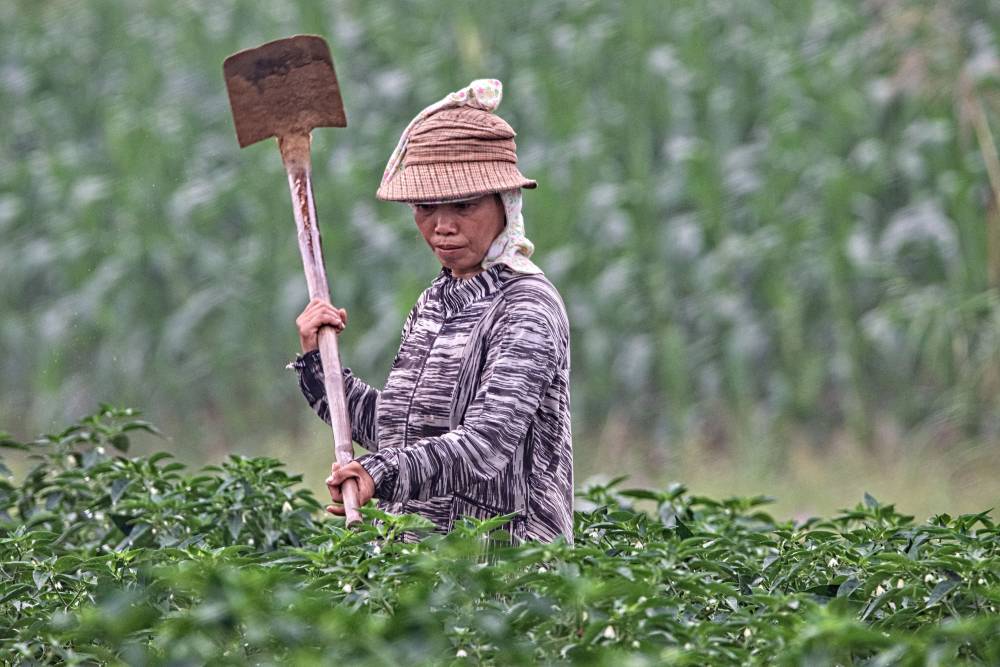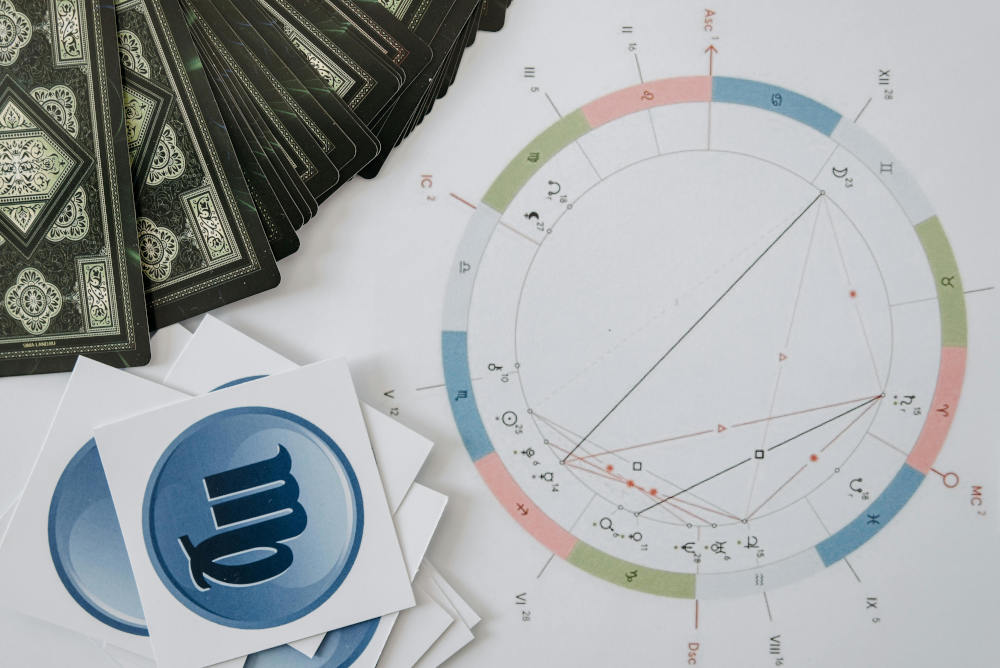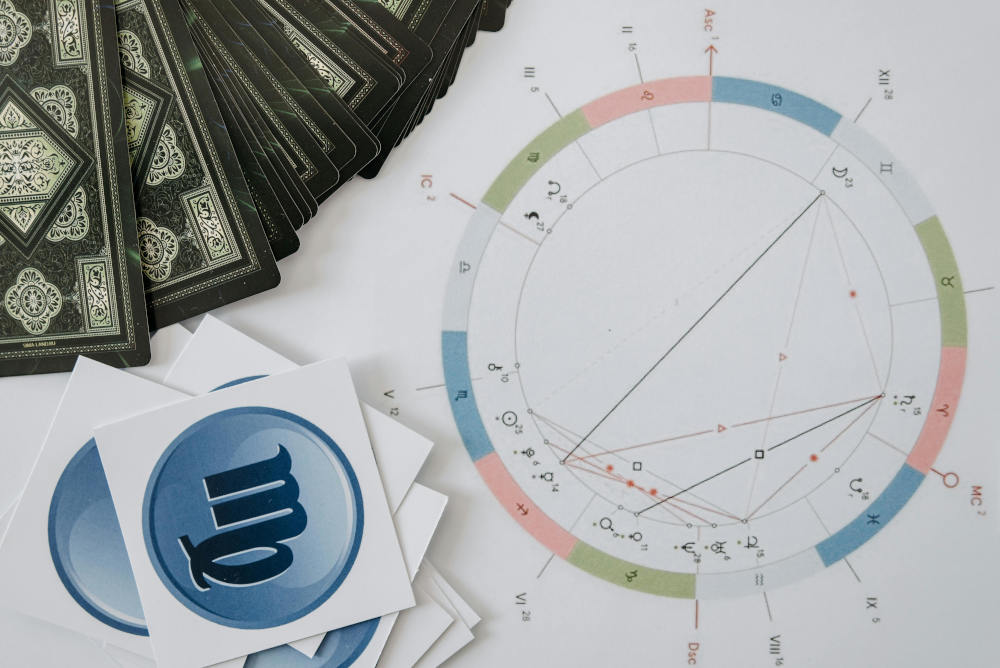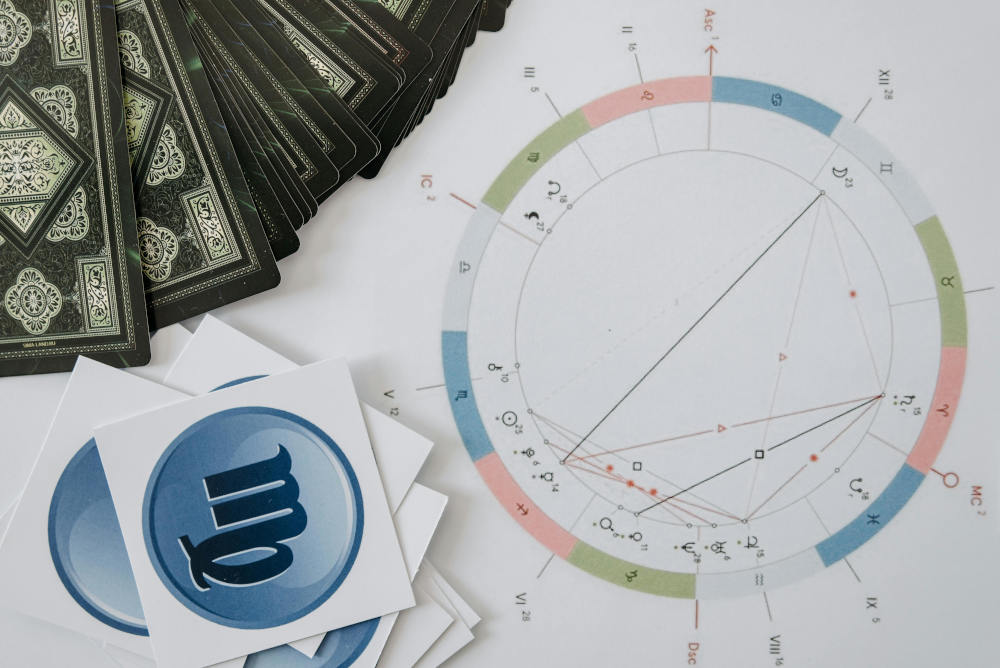
As a conscious consumer, it's important to purchase products that were made ethically and support transparent companies you believe in, even if it's difficult to do with so much social washing going on in all industries.
Ethically made means supporting the well-being of supply chain workers and their families with decent living wages, respecting human rights, and implementing socially responsible practices.
A business or organization offers ethically made products when it ensures decent working conditions in their supply chain, uses ethical production methods, and puts the welfare of workers before profits.
To help you make more mindful decisions as a well-informed consumer, here is everything you need to know about what ethically made truly means.
Panaprium is independent and reader supported. If you buy something through our link, we may earn a commission. If you can, please support us on a monthly basis. It takes less than a minute to set up, and you will be making a big impact every single month. Thank you!
1. Good working conditions

Companies creating ethically made products ensure decent working conditions in their supply chains. They are more transparent, accountable, and sustainable than the industry average.
As a conscious consumer, make sure the products you are about to buy were made under the highest social standards. Everyone has a role to play and can take action to drive positive change.
The industrial revolution made us consider most products as disposable commodities. Unfortunately, overproduction and overconsumption of cheaply made goods are destroying the planet, animals, and people living on it.
It's time to turn the tide and support companies that ensure good working conditions in their supply chains, and boycott brands that use unsafe factories, forced labor, child labor, and sweatshop-like working conditions.
Being ethically made means focusing strongly on improving the social aspects around production, such as how the factories operate, how employees are treated and paid.
Ethically made also means, fairly produced, Fairtrade, and socially responsible. It means standing up for workers' rights and ensuring good work conditions for all men and women, especially those living in the world's poorest countries.
Labor rights violations are still very common in many industries, including apparel production. Poor working conditions and unfair wages shouldn't exist anymore.
It's very common for garment factory workers to be working over 100 hours per week for major fast fashion brands. Abuse shouldn't exist in any modern and civilized society.
Ethically made products were created with good working conditions, where workers:
- have normal working hours,
- have access to food services,
- be treated with the utmost respect,
- are protected from toxic chemicals,
- can work in safe conditions,
- receive necessary healthcare,
- have access to vacation and paid leaves,
- have the opportunity to improve their skills,
- have the right to unionize, to join together to advance their interests as employees,
- receive living wages and long-term contracts.
2. Living wages

For workers in the supply chain, fairly produced and ethically made goods ensure higher wages, better working and living conditions. They allow farmers and factory workers to earn a decent living wage.
Farmers and workers in supply chains need enough resources to nourish their future and their families, especially in developing East-Asian countries such as Cambodia and Bangladesh.
The system we live in has disastrous impacts on the environment as well as the people working in supply chains. Low wages, poor working conditions, lack of healthcare, sweatshop labor, and animal cruelty aren't ethical or sustainable.
In many East-Asian countries where most clothes are manufactured today, regulations concerning work conditions, living wages, and environmental protection are not as strict as in western countries.
Many brands keep their production in those countries where labor costs are extremely low, such as China, to increase their profit margins, and are indifferent to workers receiving less than a living wage.
Most brands don't own their factories and can't control how the workers are treated. But they still produce in Asia on purpose, where workers are paid next to nothing. They want to keep prices as low as possible to stay competitive, attract customers and make them buy more and more.
Many factory workers are paid below the legal minimum wage, forced to work long hours in unsafe environments. They don't have access to healthcare or paid leaves.
A lot of apparel companies illegally pay low wages to their workforce, even in the United States. Labor rights, wage, and hour laws violations are still being reported but many people continue to buy from these brands.
In a lot of apparel manufactures, garment workers are paid by the piece.
Businesses that don't care about workers' well-being or wages shouldn't be a thing anymore. Factories need to pay workers an hourly wage and not by the piece.
On the other hand, ethical companies are making consistent efforts to minimize the environmental impact of all manufacturing activities in every step of their supply chain, respect all fundamental human and animal rights, be transparent and provide relevant information so consumers can make informed purchase decisions.
As a conscious consumer, you have the power to drive positive change in the world. You can transform many industries including fashion to eliminate sweatshop labor by making informed choices.
3. Human and environmental rights

So many industries have been responsible for environmental degradation and human rights violations for decades, including fashion. It's time to rethink the way we produce and consume daily.
A product is ethically made when it bans unethical practices such as child labor and modern slavery. It supports safe work conditions, avoids any abuse, and respects basic human and environmental rights.
Businesses have a strong role to play in improving the state of the planet and its inhabitants. They have to develop and communicate their role in environmental and social stewardship to earn the trust of consumers.
We are at a critical moment in redefining the role of business in society. Improving one's environmental and social reputation should not be the end goal, but instead making a meaningful contribution toward building a sustainable future.
The demand for environmentally friendly and socially responsible products continues to rise. People want products that are better for the environment and the people working in supply chains.
While unethical companies drive manufacturing and labor costs down, having a disastrous environmental and social impact in the process, ethical organizations and businesses develop environmental, social, and economic sustainability.
Ethically made products are created with a more socially acceptable and environmentally friendly approach to sourcing materials, design, and manufacturing.
Being ethically made means improving all aspects of production and consumption to be more respectful of people and the environment, from raw material sourcing to manufacturing, distribution, usage, and disposal.
Ethically made products reduce the impact of production and consumption on communities, workers, and ecosystems. They protect the planet, people, and animals living on it.
Ethical companies reduce the social and environmental impacts of their products, promote harmless chemical usage, lower resource consumption, and less waste generation.
They make above-average sustainability efforts to thrive in the market and take massive action to reduce pollution, waste, and carbon emissions, integrating more ecological, social, and economic sustainability practices.
So buy products ethically made with environmentally friendly materials. Only a very few resources used by manufacturers are renewable. Many materials involved in production are wasteful and highly polluting.
It's much better for the environment if you purchase products ethically made with eco-friendly and sustainable ingredients that are non-GMO, contain no hazardous chemicals, and minimize water consumption.
Organic raw materials such as organic cotton, linen, and hemp are made from plants grown using methods that have a low impact on people, animals, and the planet.
Ethically made products protect the environment, improve lives, contribute to a sustainable, ethical, and circular economy. They make a significant contribution to reducing carbon footprints and impacts on society's shared resources.
Ethical businesses or organizations create products consciously, ethically, and sustainably. They not only promote corporate social responsibility but also encourage repairing, repurposing, sharing, recycling, and upcycling.
Ethical brands, retailers, and manufacturers do right by the people and the environment. They adopt a more mindful, responsible, ethical, and sustainable approach to production and consumption.
4. Empowered minorities

Every company needs to work toward treating its employees and local communities better, protecting marginalized or disadvantaged groups, and empowering minorities.
Diversity and solidarity are necessary to combat discrimination within companies and across industries while making huge progress towards sustainable and ethical production and consumption.
Ethical companies build closer relationships with suppliers and partners, and a greater sense of responsibility, inclusivity, and equality for their employees.
Ethically made products make a strong commitment to human rights, social justice, and an inclusive economy as fundamental building blocks to the protection of our planet and its inhabitants.
They encourage a diverse, multi-racial, and cultural movement that fights discrimination to maintain a more inclusive, sustainable, circular, and regenerative system that benefits all people and animals.
Sustainability, ethical manufacturing, and human rights are intrinsically linked. The efforts towards making a product more ethical and sustainable support cultural competence, health equality, self-determination, and livability.
Being ethically made means fighting against race and social injustice, promoting human and labor rights, social equality, responsibility, justice, community development, and support.
It's so important to treat all workers fairly in supply chains, from raw materials suppliers to manufacturers, distribution partners, and retailers. Companies that fail to embrace diversity and empower minorities, risk losing trust, image, and alienating customers.
Ethically made products are socially sustainable and diverse. They participate in livability, social support, responsibility, health, and social equality.
Ethical companies identify diverse groups and look at ways to meet their particular needs. They recognize diversity within cultural, ethnic, and racial groups, allow for diverse viewpoints, beliefs, and values to be taken into consideration.
They also promote understanding and acceptance within the broader community of diverse backgrounds, cultures, and life circumstances.
Cultural, gender, racial, ethnic diversity makes products more creative, productive, ethical, and sustainable. Ethical businesses are diverse, empower minorities, and give back to communities.
5. Giving back to communities

The exploitation of local farming and working communities is very common in most industries. Especially in apparel and textile production, manufacturing often occurs without social or environmental stewardship.
On the other hand, ethical companies are involved in corporate sustainability or social responsibility initiatives to give back to local communities. They participate in philanthropic or charity-based activities.
Ethically made products support voluntary social initiatives that encourage businesses worldwide to adopt sustainable and socially responsible policies.
Companies should have ethical standards and make commitments to universal sustainability principles and fundamental socially responsible policies.
They focus on helping developing countries with better trading conditions that protect workers' rights, culture, and tradition while taking great care of the environment and local communities.
The most ethical and socially responsible companies donate a large portion of their profits to support charitable causes. They actively participate in recycling, reforestation, ocean cleanup, and waste collection.
6. Cruelty-free production

Billions of animals are slaughtered each year to make fur, leather, wool, silk, or down. A lot of animal cruelty happens daily in many industries, including fashion.
The global textile and apparel industry uses animal pelts and skins to make clothing materials. This isn't ethical or sustainable. It's cruel to mass-produce animal-derived products when it isn't necessary.
Animals such as pigs, cows, rabbits, foxes, birds, sheep are enslaved, exploited, subjected to painful treatments, and exposed to dangerous substances with long-term disastrous effects on ecosystems and human health.
Ethical companies avoid animal products and by-products. They are cruelty-free and avoid any animal-derived ingredient in production and don't use animal testing.
Fortunately, more and more conscious consumers choose to buy products that don't contain any animal ingredients. They understand that high-quality, affordable items can also be animal-free.
Animal-derived materials are unethical and cause irreversible damage to the environment. Animal farming requires an enormous amount of resources, pollutes the environment with toxic chemicals, and contributes massively to global warming.
One sheep alone can produce about 30 liters of methane each day, one of the most potent greenhouse gases, warming the planet as much as 80 times more than carbon dioxide.
It's time to shop for ethically made products, which are cruelty-free and vegan, and produced from natural resources without any animal-derived material.
7. Ethically made certifications

To guarantee solid working conditions, ethical manufacturing, social and environmental standards in every step of the supply chain, look for certifications from third-party organizations.
Certification standards encourage brands, retailers, and manufacturers to implement policies and hold more responsibility toward the environment and supply chain workers.
Certifications and quality marks are important to ensure that products are manufactured with responsible use of resources and the least possible impact on people, animals, and the environment.
There are so many different certification standards out there that it can be difficult to tell which ones are relevant. Some verify the application of social regulations. Others only attest to environmental impacts.
Some of the best standards to look for include B Corp, Fairtrade, Fair Wear, GOTS, SA8000.
Visit a brand's website and look for these certifications. You should be able to find the symbols on the homepage, the collection, product, or sustainability page. If you find any of these, it is a good sign that the product you are about to buy is ethically made.
The best certification standards are granted by third-party organizations. Look for them when shopping for fairly produced goods. They are recognized internationally and validate that the company is on track to be more ethical.
Was this article helpful to you? Please tell us what you liked or didn't like in the comments below.
About the Author: Alex Assoune
What We're Up Against
Multinational corporations overproducing cheap products in the poorest countries.
Huge factories with sweatshop-like conditions underpaying workers.
Media conglomerates promoting unethical, unsustainable products.
Bad actors encouraging overconsumption through oblivious behavior.
- - - -
Thankfully, we've got our supporters, including you.
Panaprium is funded by readers like you who want to join us in our mission to make the world entirely sustainable.
If you can, please support us on a monthly basis. It takes less than a minute to set up, and you will be making a big impact every single month. Thank you.































0 comments